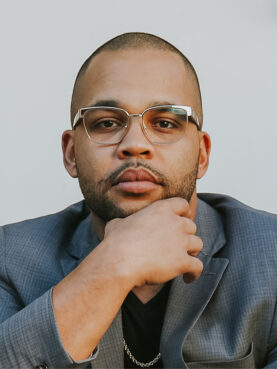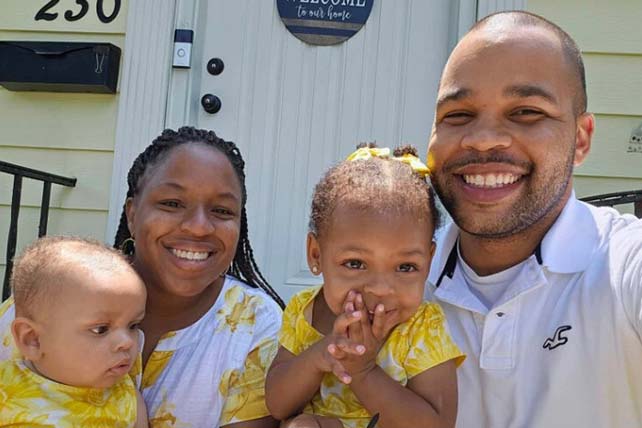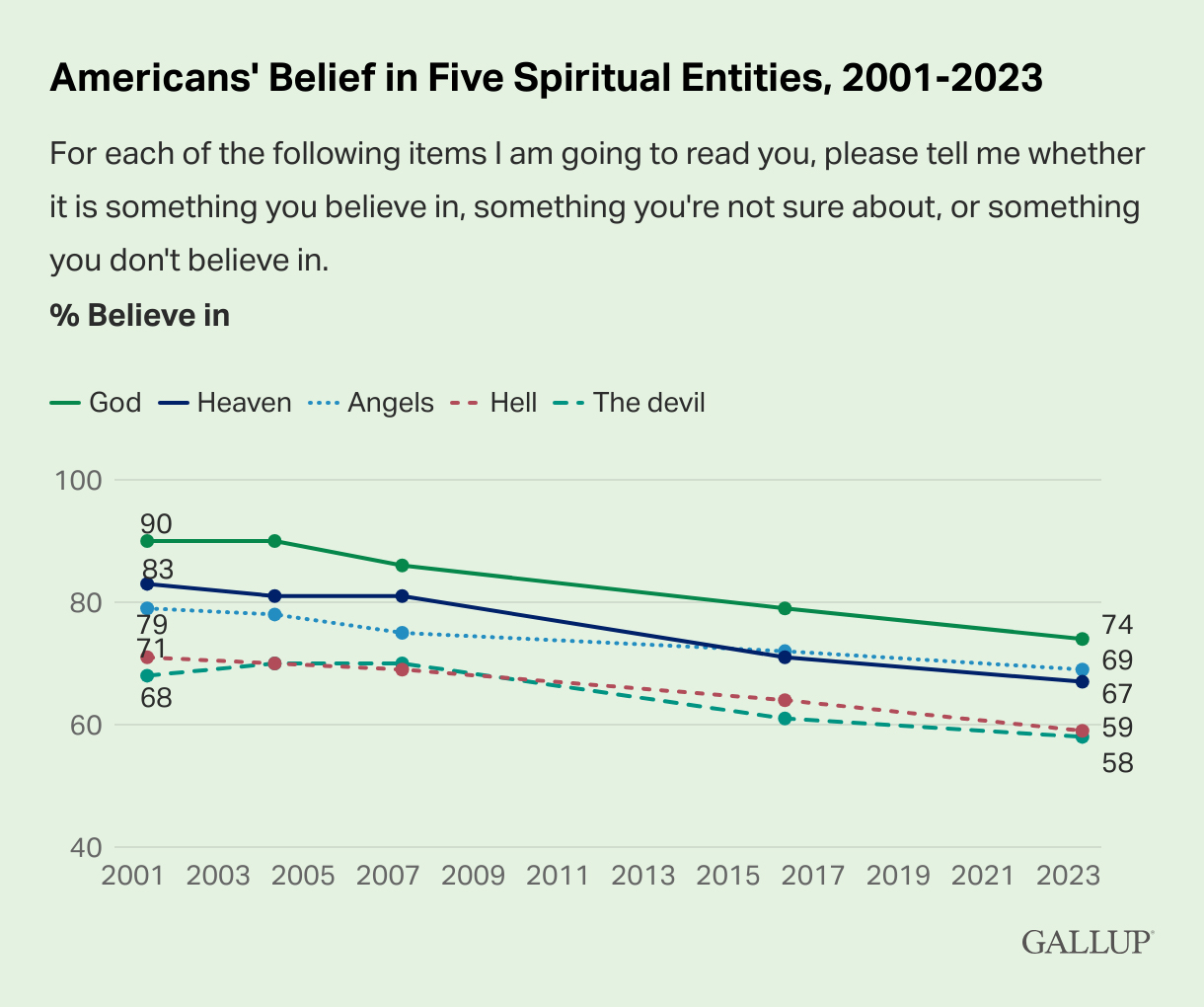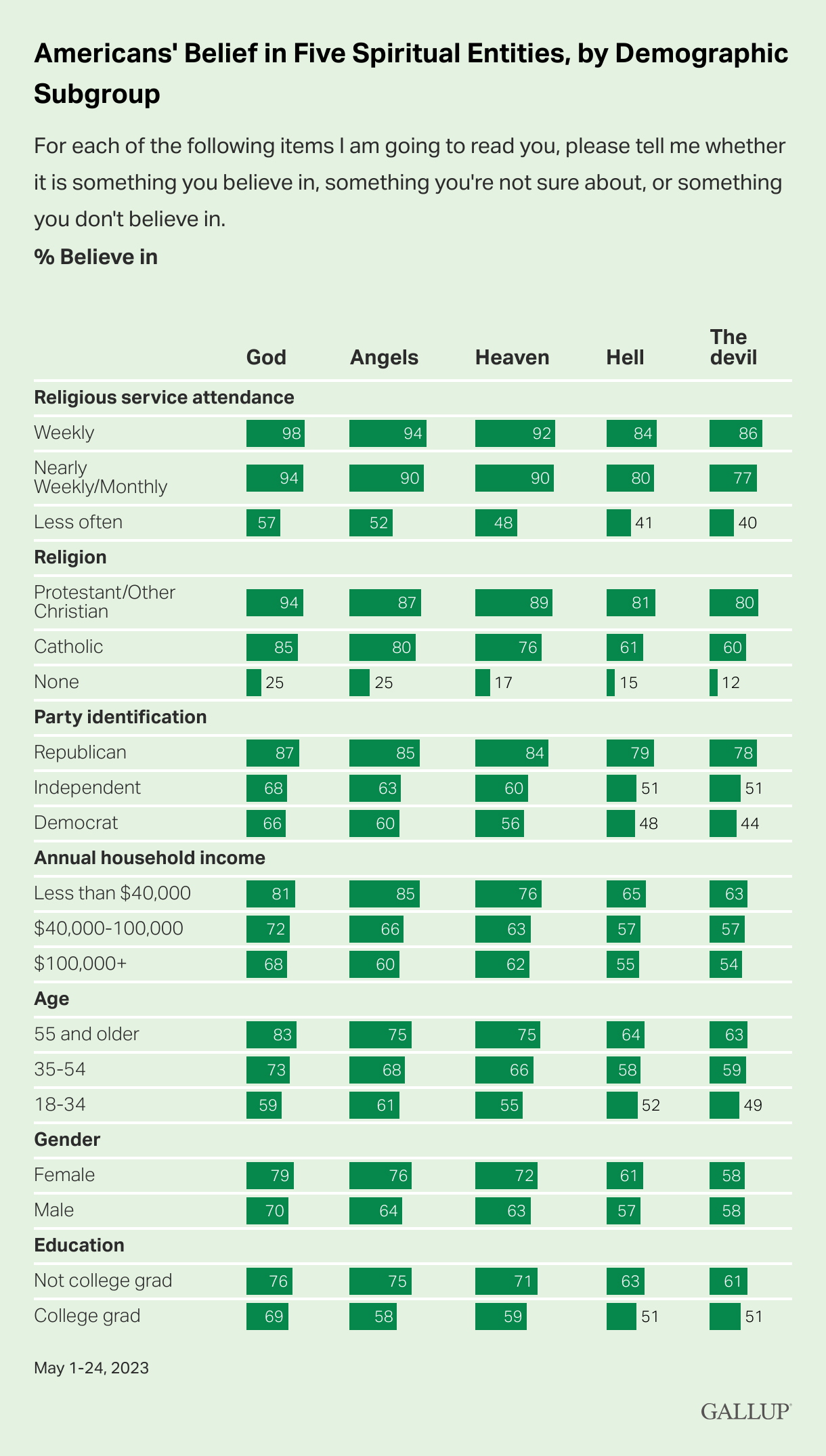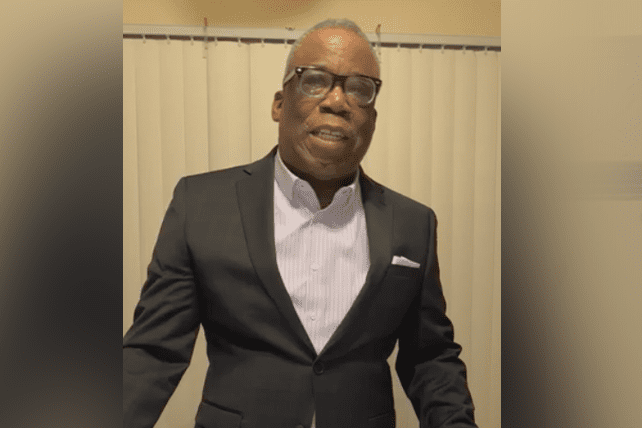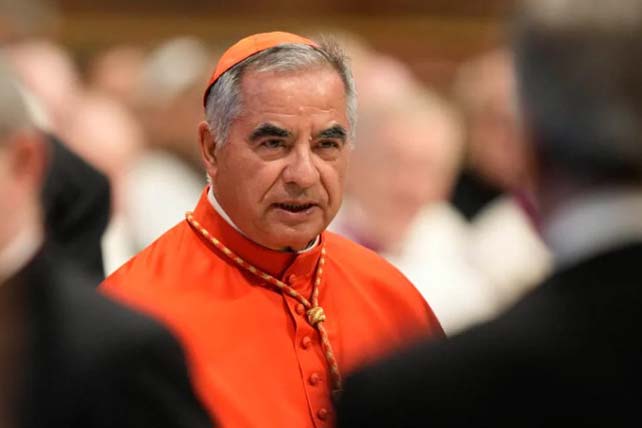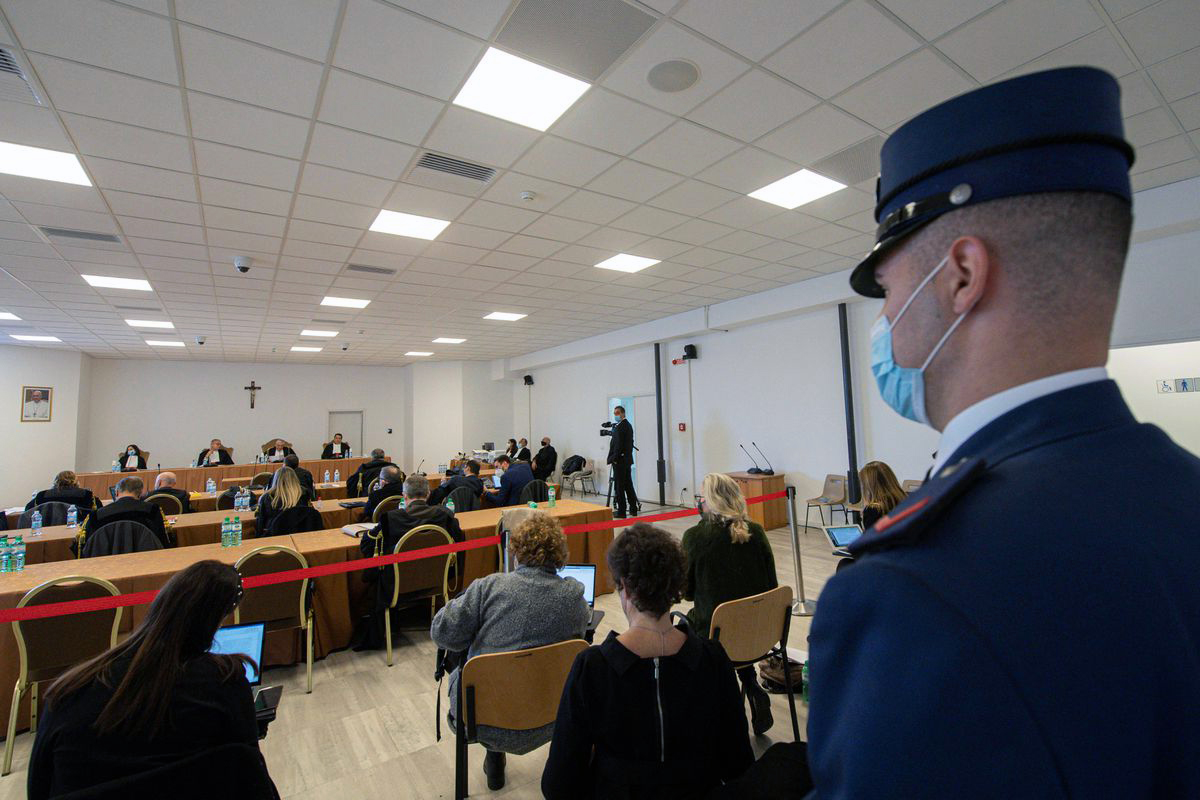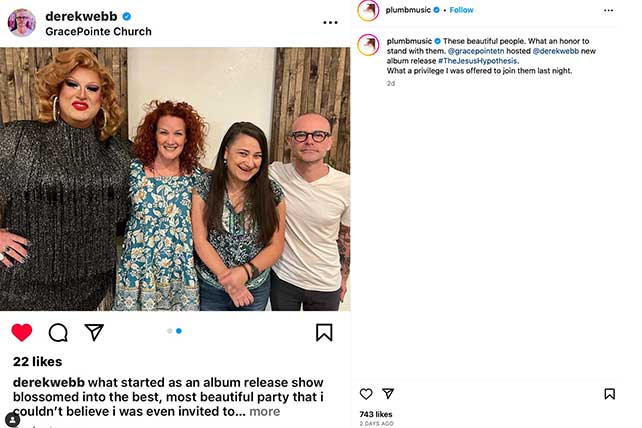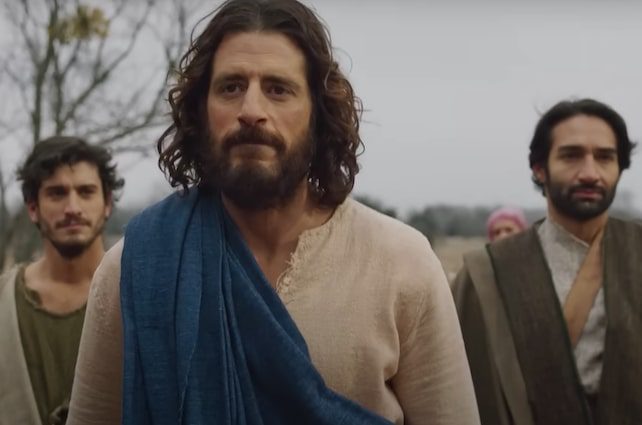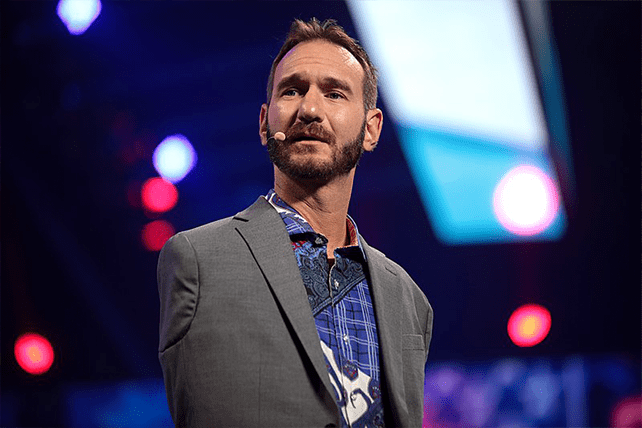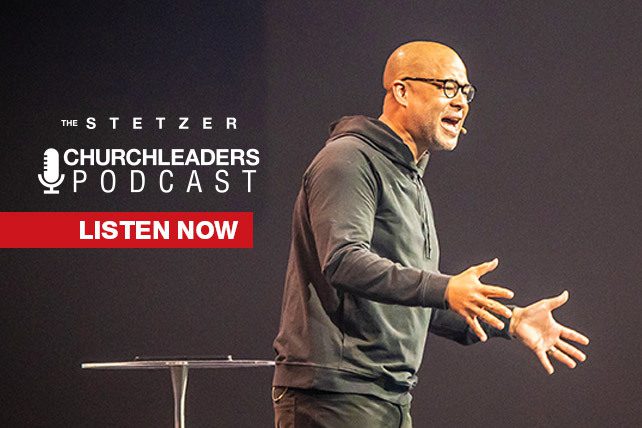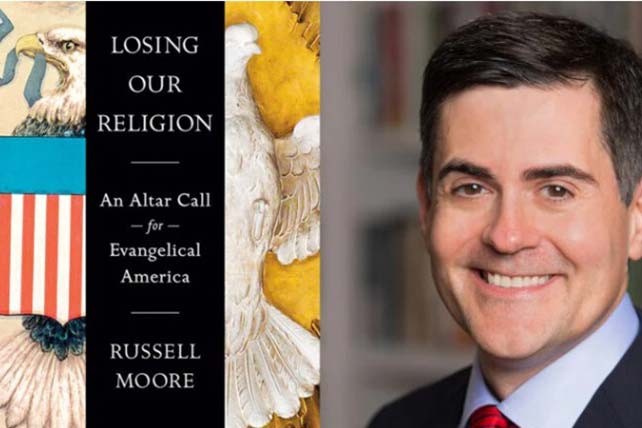Do you lie awake and ponder how your church will meet its budget for this coming year?
Are you wondering how to increase the generosity culture at your church?
Is there a gap between the vision for which you believe God has called, and the funding your church currently is generating?
As church leaders, there is a connection between our beliefs on generosity, fundraising, funding, giving, and what happens in our churches. We must identify inherently negative ways of thinking and replace these thoughts with the mindset God desires of us. These negative mindsets can creep in over time, without us even realizing it. We need to actively align our philosophy on financial matters at our churches with what God would have us consider.
I’ve pulled together five negative mindsets I’ve seen within my own life that I’ve needed to uproot and address. These beliefs are also at play in other church leaders. I’ve wondered whether these mindsets are ultimately the cause for other churches’ lack of progress in this area.
Simple Silver Bullet Solution
As leaders, there’s a real temptation to attempt to find the silver bullet to this problem.
It’s tempting to think that simply delivering the right message on offerings or having an impactful year-end campaign would solve all issues pertaining to generosity and the finances at our churches. The reality is that there is no single silver bullet to funding issues at our churches. We are attempting to disciple people connected to our church into leading a generous lifestyle. That takes consistent work and a unified approach over time.
We need to continue to lead our churches towards a lifestyle of generosity.
A single sermon series would not be sufficient to accomplish this objective. We need to maintain a consistent focus on this for an extended period. Effort applied on a weekly, monthly, quarterly, and annual basis will, over time, create the kind of desired change in our churches.
Our vision can be fully funded and arrive at the point where we have the resources required to accomplish what God has called us to perform. Some churches reach this stage because they applied consistent strategies over an extended period. There is no silver bullet to the issue of funding.
Too Afraid to Challenge People and Ask Them to Give?
I get it. Money is hard to discuss.
This reality is peculiar to our culture. It seems like we can easily discuss the most intimate of human relationships, even talking about sexual relationships. However, we get defensive when thinking about discussing money. People’s approach to their finances is at the very core of how people perceive themselves. It’s critical! We need to find a way to overcome this—whether by abolishing this mindset, using humor or simply calling out the fact that it’s a difficult topic to discuss.
Over the years, many church leaders have found a way to lean in and discuss money, ultimately challenging members to live in a more Jesus-centered way concerning their money. These leaders have been afforded incredible opportunities and accelerated growth on the other side of this approach.
Our ability to persevere in discussing money and generosity, and challenge people in this regard, is directly connected to people’s desire to grow in generosity. This approach will impact how funds are generated at your church.
It’s Unspiritual to Talk about Money.
One of the biggest lies propagated among church leadership is that it is unspiritual to talk about money.
This belief comes from a strange disconnect between our views on faith and its impact on our lives. It’s a dangerous notion that, somehow, our faith only exists between our ears, that it’s only about what we think, about developing the right thoughts and having the right ideas. Some believe it not about how we live, and in this case, what we do with our money. This mindset has led some of us to the point where we believe that it’s somehow unspiritual to talk about money and generosity.
Jesus is clear on this: how we invest our lives and how we invest our money reveals much about what we value in life. [ref] Challenging people to think correctly about money, be generous, and lead generous lifestyles is at the core of what it means to be a disciple of Jesus. At the core, Jesus challenged us to live another centered life. In a world so obsessed with money, there are few other, more obvious ways to a centered life, other than being generous and donating your resources to help others get connected with Jesus’ teachings.
Discussing money is incredibly spiritual, plus it is one of the things that people worry about all day long. Striving to ensure that people understand biblical teachings about money, and helping them apply those lessons to their lives, will accelerate your membership’s spiritual growth.
You Feel Like a “Used Car Salesman.”
Why is it that when we consider discussing money at a church, the stereotypical picture of a used car salesman comes to mind?
You know that guy: he’s little and slimy, his hair is greased back, he wears a bad suit, and he’s just trying to rip you off. Why do so many people possess this mental image when considering whether to discuss money in their churches?
Part of the reason that this is the case is that there have been “slimy car salesmen” in the name of Jesus. They’ve ripped people off and used their money for nefarious ends. There is no lack of evidence of church leaders who have abused this privilege and honor to help people with generosity and help them move into a more generous lifestyle.
But here’s the thing, you are not a slimy used car salesman. You’re not attempting to help people grow in their generosity because you want to get something from them. You’re doing this because you want something for them. You want to help people transition into a more generous lifestyle. You want them to experience the freedom and exhilaration of a fuller lifestyle through giving. You are not trying to extract cash out of them so that you could fund some new crazy plan at your church. You’re not a used car salesman. You’re a messenger of the peace of Christ, and this is a critical aspect of the conversation that must be communicated to our membership.
Your Personal Finances are in Chaos.
Are you drowning in debt?
Are you living your life with no margin?
Are you not being generous because of the financial decisions that you’ve made?
Too many pastors are living less than paycheck-to-paycheck. We’ve structured our financial lives in such a way that we’re struggling, and we’re not giving generously, and that’s ultimately driving us into debt. This issue of debt is an epidemic among church leaders nationwide.
If this is the case in your life, I strongly recommend that you get help in this area. Whether it’s Dave Ramsey’s Financial Peace University or Joe Sangl’s Financial Learning Experience or Good Sense, you can take control of this area of your life and get things right in your finances at home.
Too often, people aren’t generous because they have too much debt.
What is debt? Debt is simply living beyond your means. It’s not trusting that God will provide, and it’s leveraging other people’s money to live the lifestyle you want to live. The antidote to an active debt lifestyle is generosity. It is a tool that will break the debt mindset, because what is generosity at its core? Generosity, at its core, is saying that God will provide. That I’m going to give up this money to help someone else, and that I believe that God will provide for me. Maybe the thing you need to do is to be more generous.
Listen, I understand that living and life costs a lot of money, but this might be a wake-up call for you to get your finances in order, to help you speak more clearly and with conviction to your own people and, ultimately, see them take steps towards generosity.
Are you looking for more help to raise more funds for your ministry?
We’ve put together a few resources to help your church build even more in the area of generosity, providing an important example of what you do as a church leader. This free download includes an MP3 and PDF.
- MP3 // Increasing Your Church’s Generosity Culture with Steve Stroope // Steve started as the first pastor at Lake Point Church about 40 years ago and has since passed the baton to Josh Howerton. Lake Pointe began with a launch team of about 60 people and has grown to eight campuses with over 15,000 attendees. In this interview, Steve offers practical tips on how we can increase generosity at church.
- PDF // 5 Free Resources to Increase Your Church’s Generosity // Each of these resources can be used and implemented to help your church see ever-increasing levels of generosity. This “read to apply today” PDF is a great tool get the conversation and action rolling with your team!
Click here to download these two resources and access the information to help your church increase generosity.
This article originally appeared here.
